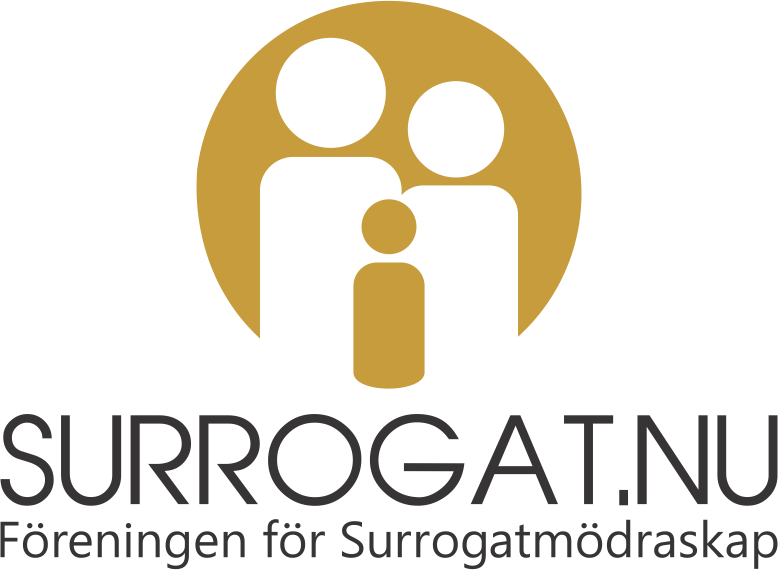Ett forskarlag från Cambridge University i England har följt en grupp familjer där barnen har fötts genom surrogatmödraskap. 42 familjer deltog i studien och man har följt familjerna under en 10års period.
Studien som publicerades i den vetenskapliga tidsskriften Human Reproduction i Juli 2012 har haft fokus på kontakten mellan familjen och surrogatmamman.
Slutsatsen i studien var att Surrogatfamiljerna behåller en god relation till surrogatmamman över tid och att barnen i studien var possitiva till surrogatmamman och sättet de kommit till.
En engelsk sammanfattning av studien hittar du nedan samt referenser till var du hittar artikeln i sin helhet.
Human Reproduction, Vol.0, No.0 pp. 1–7, 2012
Surrogacy families 10 years on: relationship with the surrogate, decisions over disclosure and children’s understanding of their surrogacy origins
V. Jadva, L. Blake, P. Casey, and S. Golombok
Centre for Family Research, University of Cambridge, Free School Lane, Cambridge CB2 3RF, UK
background:
This study aimed to prospectively examine families created using surrogacy over a 10-year period in the UK with respect to intending parents’ and children’s relationship with the surrogate mother, parents’ decisions over disclosure and children’s understanding of the nature of their conception.
methods:
Semi-structured interviews were administered by trained researchers to intending mothers, intending fathers and children on four occasions over a 10-year period. Forty-two families (19 with a genetic surrogate mother) participated when the child was 1-year old and by age 10 years, 33 families remained in the study. Data were collected on the frequency of contact with the surrogate mother, relationship with the surrogate, disclosure of surrogacy to the child and the child’s understanding of their surrogacy birth.
results:
Frequency of contact between surrogacy families and their surrogate mother decreased over time, particularly for families whose surrogate was a previously unknown genetic carrier (>0.001) (i.e. where they had met through a third party and the surrogate mother’s egg was used to conceive the child). Most families reported harmonious relationships with their surrogate mother. At age 10 years, 19 (90%) children who had been informed of the nature of their conception had a good understanding of this and 13 of the 14 children who were in contact with their surrogate reported that they liked her.
conclusions:
Surrogacy families maintained good relationships with the surrogate mother over time. Children felt positive about theirsurrogate mother and their surrogacy birth. The sample size of this study was small and further, larger investigations are needed before firm conclusions can be drawn

